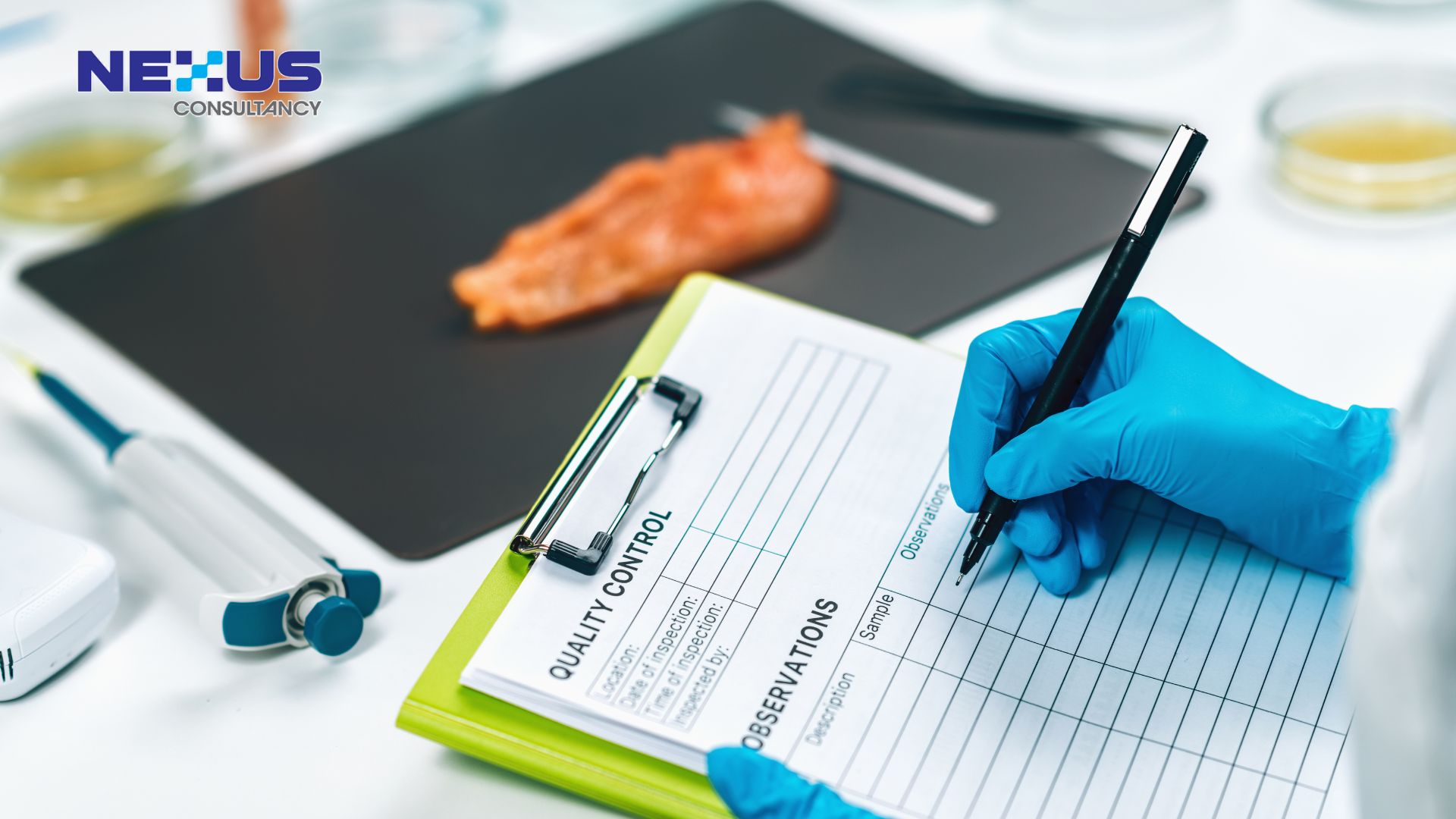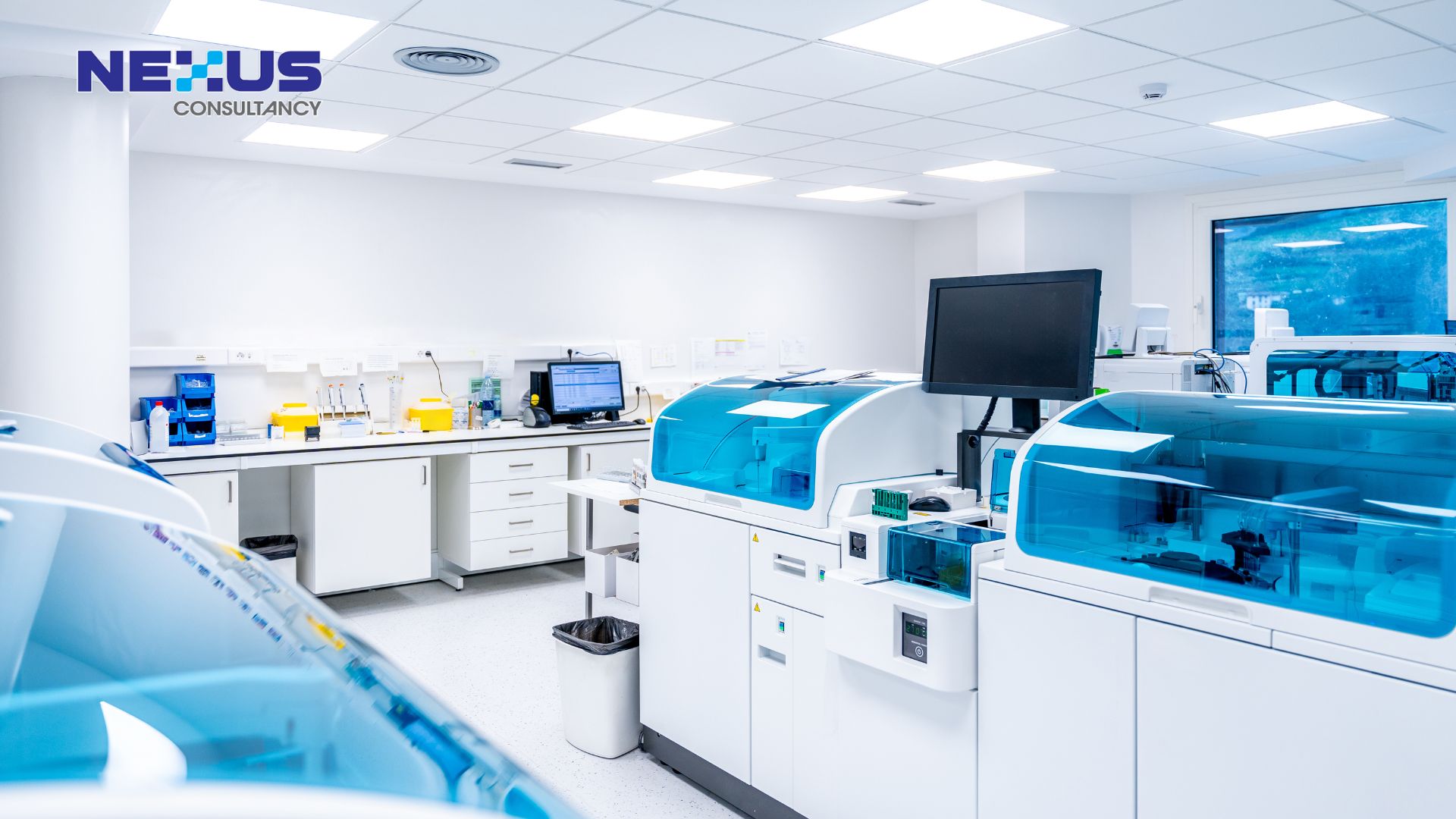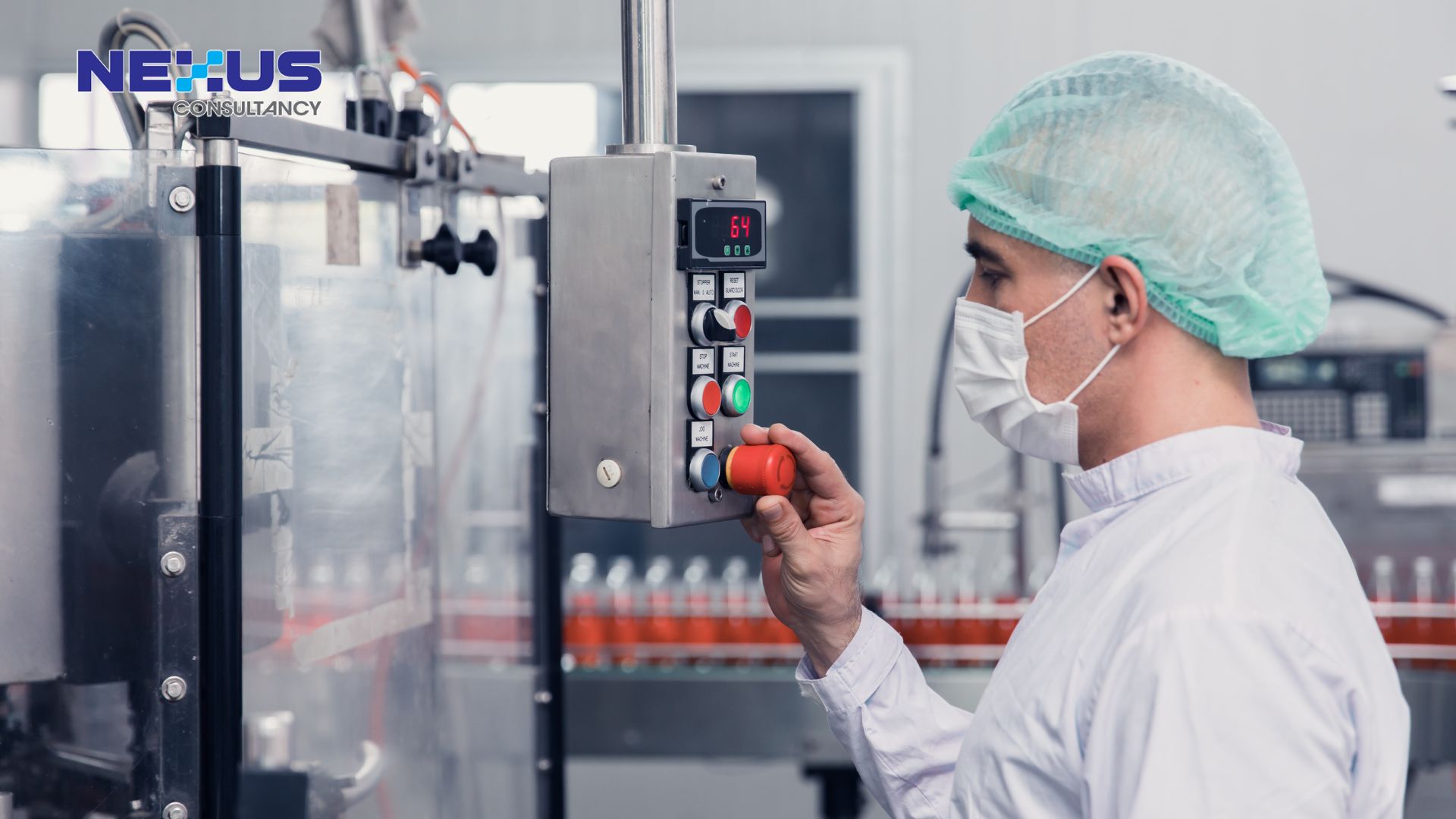
Loo Pei Shean
Management Consultant
Discover the latest updates to the Malaysian GMP standard, MS1514:2022, and why compliance is critical for food manufacturing.
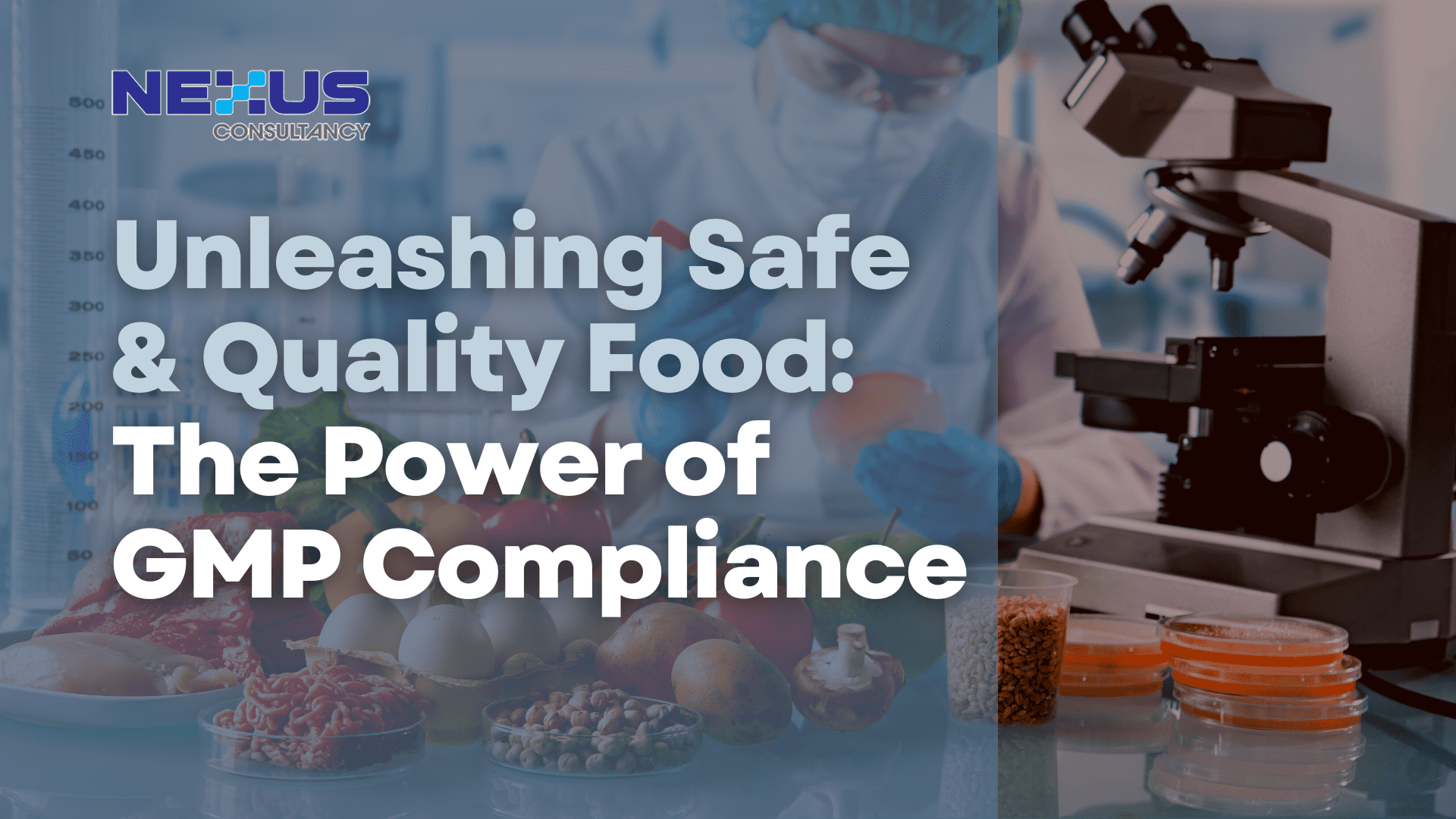
MS 1514:2022 Good Manufacturing Practice (GMP) for food manufacturing is a set of guidelines and standards developed by the Malaysian Department of Standards (DOS) to ensure the safety and quality of food products manufactured in Malaysia. The latest version of MS 1514 that published on 1st June 2022, brings several key changes to the GMP standards. It aimed at improving the safety and quality of food products for consumers in Malaysia.
Why GMP?
- Ensure the products are manufactured in a hygienic manner and by good manufacturing practices.
- A prerequisite program (PRP) to establish before HACCP is implemented.
- Provide a framework for establishing and maintaining efficient and effective processes in food manufacturing, leading to improved productivity and reduced costs.
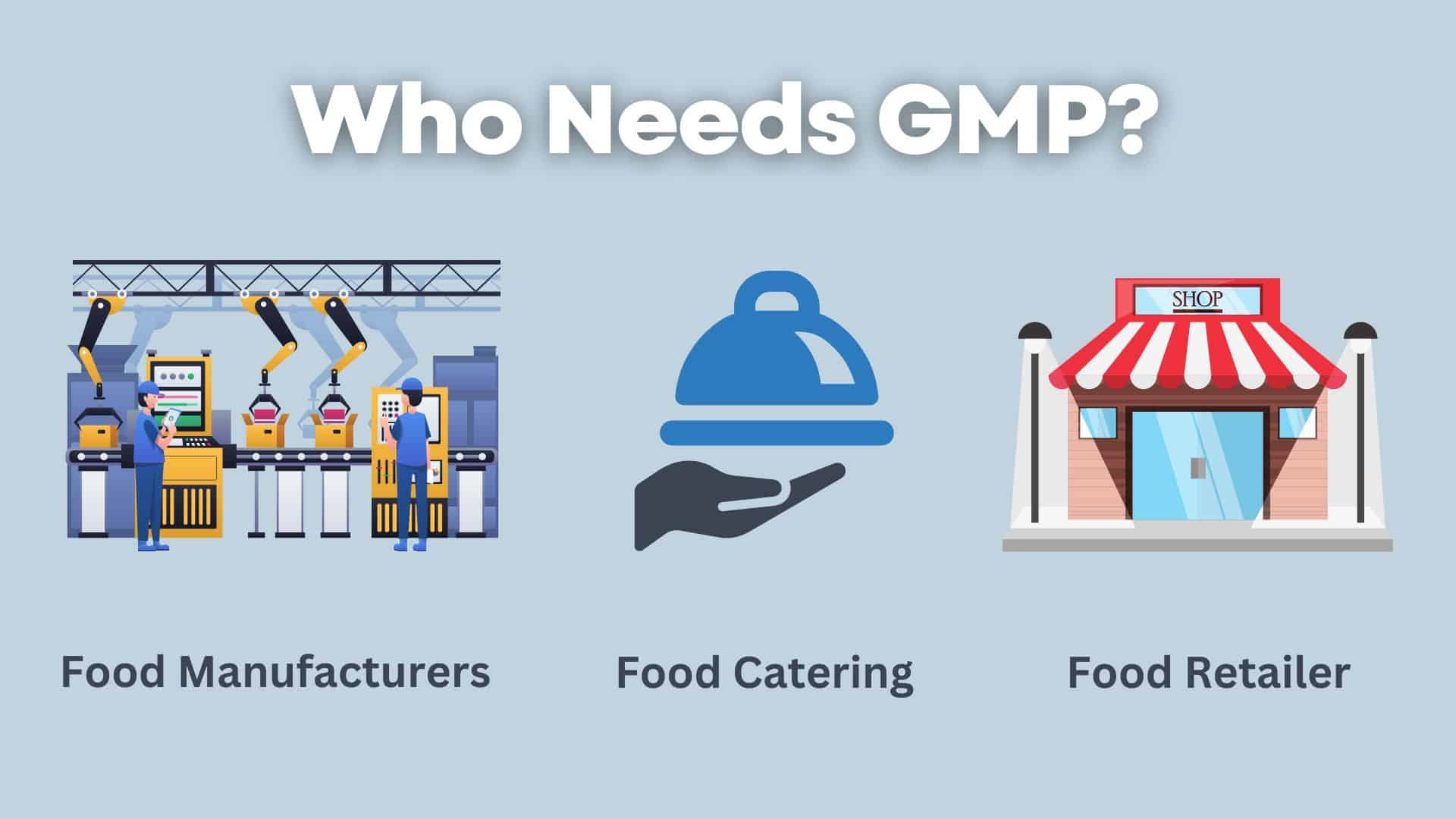
3 Key Changes of MS1514:2022
#1 Allergenic Cross Contact
Allergenic cross-contact occurs when a food allergen, such as peanuts, dairy, or eggs, is accidentally introduced into a food product that is supposed to be free of that allergen. This can happen as a result of cross-contamination during food preparation, storage, or transportation. Food manufacturers and food service providers need to implement strict allergen management programs.
- Provide adequate training for employees to handle allergenic food.
- Effective cleaning and sanitation procedures in place to prevent cross-contamination.
- Strict segregation of allergenic and non-allergenic foods during storage and preparation.
- Labelling products accurately.
- Regular verification testing.
#2 Training
Training is a critical component of GMP implementation, as it helps employees to understand their roles and responsibilities in maintaining GMP compliance. In MS1514:2022, the standard had set expectations and follow-up action for the training programs. An effective training program shall:
- Review in the planned interval.
- Establish a suitable training plan based on needs.
- Evaluate the effectiveness of the training through post-training evaluations, follow-up assessments, and other methods.

#3 Traceability
Traceability is a critical aspect of food safety and quality control. It refers to the ability to trace the movement of food products from the point of origin to the final consumer. In today’s global food market, traceability is more important than ever as it helps to ensure the safety and quality of food products for consumers, as well as protect the reputation of food manufacturers and suppliers. A robust traceability system shall include:
- Able to identify incoming materials from an immediate supplier and the initial distribution route to the end product.
- Product lots are identified specifically, and their connections to batches of raw materials, and processing.
- Record/documentation keeping.
In conclusion
The Malaysian Standard for GMP, MS1514:2022 is a considerable improvement to earlier iterations and incorporates the most recent best practices in quality assurance and food safety. The major modifications in MS1514:2022 are intended to enable food manufacturers to produce safe, high-quality food items. It is important to assess your present good manufacturing practices to make sure they are up to date and continually enhance the assurance of food safety.
Contact us today to schedule a consultation with one of our experts and start your journey toward GMP compliance!
Reference:
- MS1514:2022 Good Manufacturing Practice (GMP) for Food (Second Edition)
- https://www.deskera.com/blog/food-traceability/#what-are-food-traceability-systems

